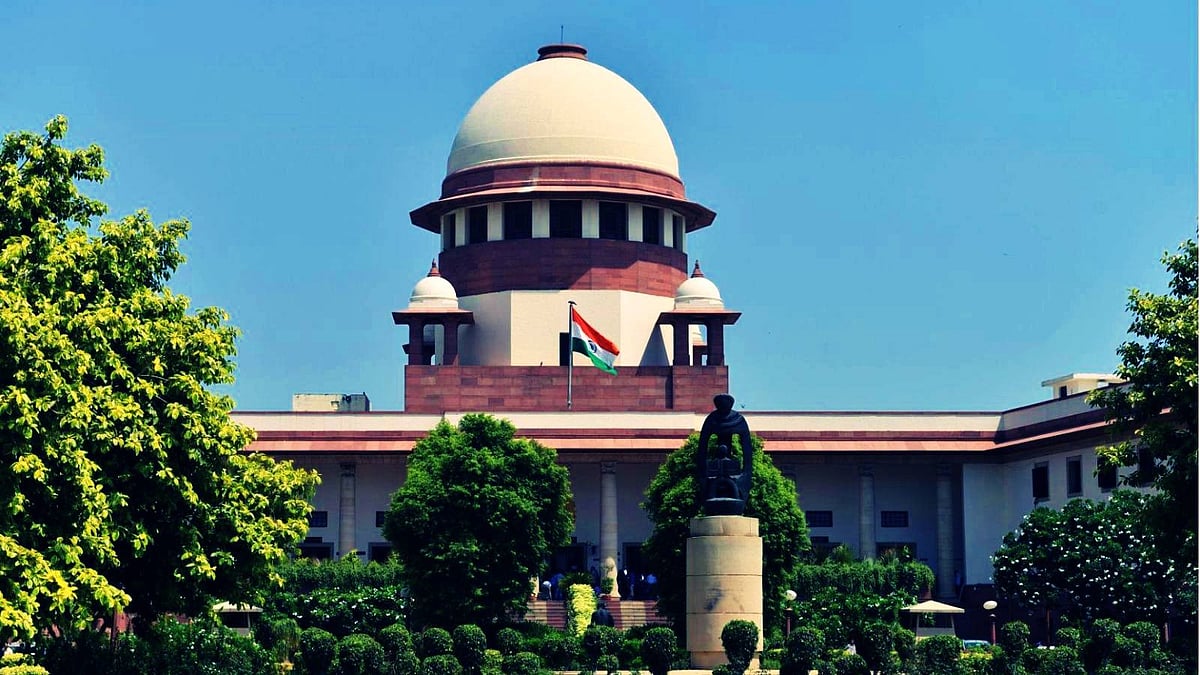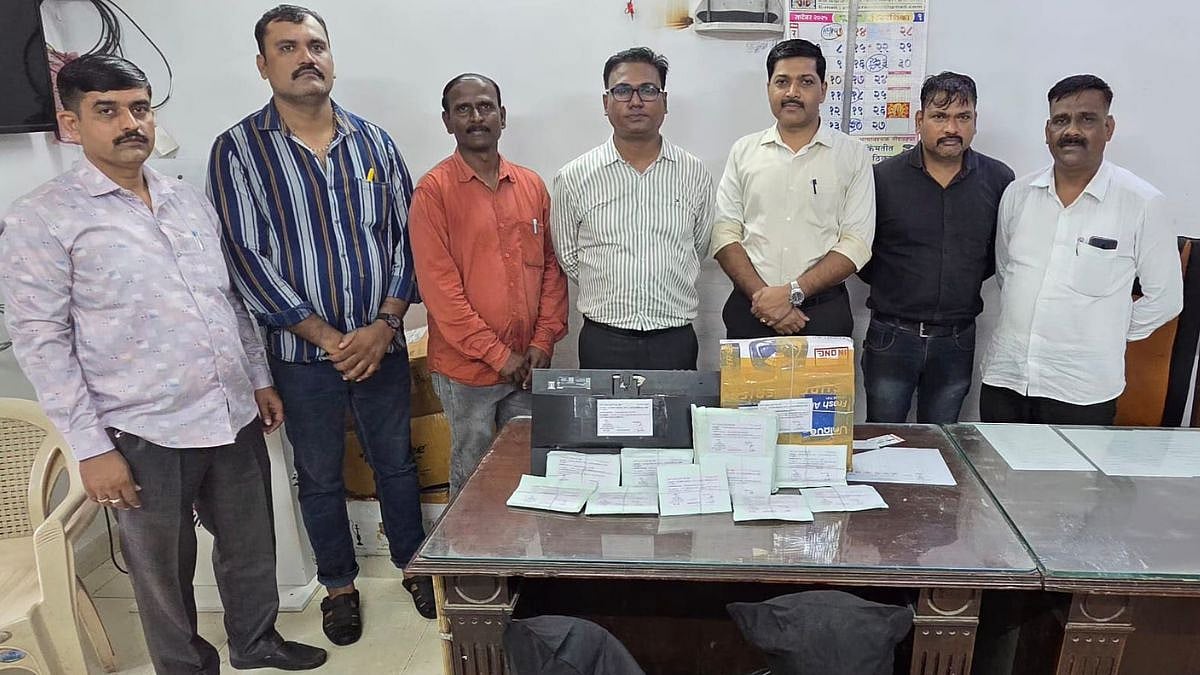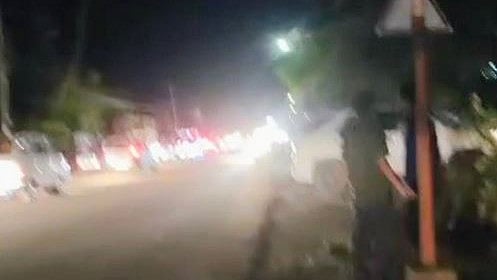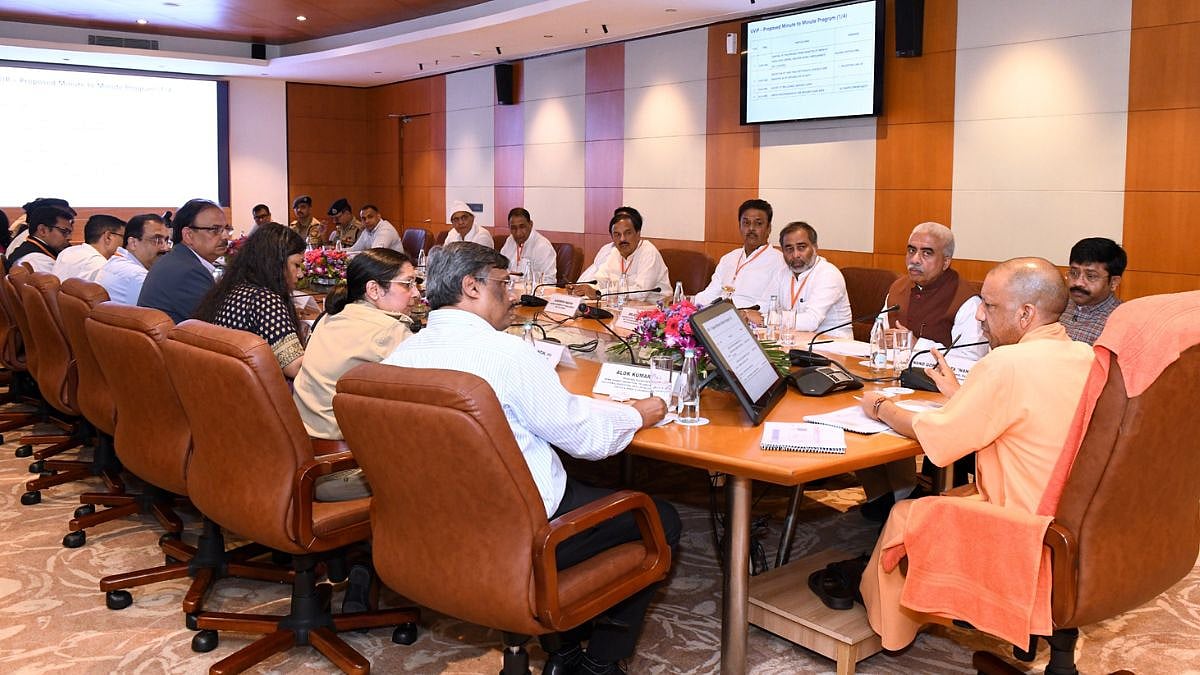The Supreme Court’s recent stay on key provisions of the Waqf (Amendment) Act has reignited debate over minority rights, governance, and constitutional fairness. The court blocked the clause requiring individuals to be practicing Muslims for five years to create Waqf properties, and also restrained executive officers from ruling on disputes related to encroachments and third-party rights.
To understand the implications of this judgment, Free Press Journal’s Executive Editor, Afrida Rehman Ali, spoke to legal expert and commentator Zafar Sareshwala, known for his views on constitutional and minority issues.
Q1. Do you think this judgment is a win for the government or for the petitioners challenging the WAFF Act?
Zafar Sareshwala:
“I believe this is a win for both sides in different ways. The court has addressed concerns raised by the Muslim community without overturning the entire framework. It has given a constitutional guideline, ensuring fairness, while allowing the law to stand—so it’s neither a total win nor a total loss.”
Q2. The clause requiring a person to be a practicing Muslim for five years has been heavily criticized. What is your view on this?
Zafar:
“The court rightly flagged this issue and did not endorse it. Many states will now be cautious. Laws must not discriminate against any community. At the same time, the Waqf’s purpose—to support orphans, widows, and the underprivileged—must remain intact. Governance reforms should not harm the beneficiaries.”
Q3. Critics say that even if this clause is removed, governance of Waqf properties will remain problematic because of corruption. How can this be addressed?
Zafar:
“The government must prioritize competence over religious identity. Appointments should be made based on expertise, not affiliation. Just because someone is a Muslim does not mean they are fit to manage assets. Experts—Muslim or non-Muslim—must be appointed to ensure efficiency, transparency, and integrity.”
Q4. Another issue is the registration of properties. Many Waqf assets lack proper documents. Will this not lead to disputes and evictions?
Zafar:
“There are safeguards in Indian law, such as the Limitation Act, that protect longstanding usage. Properties like mosques and graveyards that have existed for centuries cannot be suddenly erased due to missing documents. Registration is important, but fairness must guide the process.”
Q5. Some feel that applying such rules only to Waqf properties amounts to discrimination. Why not have similar rules for temples or gurdwaras?
Zafar:
“This is a sensitive question, and the sentiment is understandable. However, governance should be based on capability and integrity rather than religion. The focus must be on appointing the most qualified people who can serve the intended beneficiaries, rather than political appointees.”
Q6. What is your advice to the community and policymakers going forward?
Zafar:
“My advice is that educated and responsible community members should actively engage with policymakers. The government must appoint capable professionals to manage assets and ensure that benefits reach those in need. This is an opportunity to correct past mistakes and create a governance structure rooted in fairness, transparency, and expertise.”










